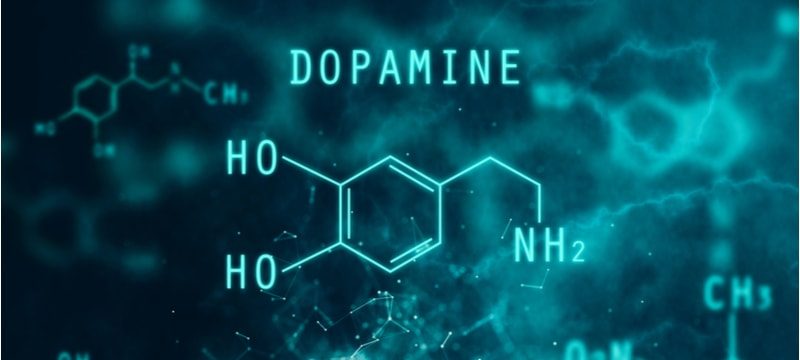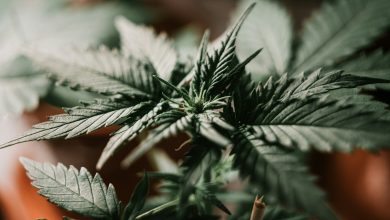
Table of Contents
CBD and the Brain
Since November 2018, medical cannabis and CBD have been legal within the United Kingdom. Despite this, there has been a telling lack of prescriptions given out for patients. There are many conditions which may be significantly helped by the prescription of CBD. THC and CBD can interact with the body via the endocannabinoid system, and in effect can alter the release of neurotransmitters in the brain which affect mood, appetite, pain response among many other factors.
THC, in particular, has a powerful effect on the brain and can affect the CB1 receptors to elicit a euphoric feeling. CBD is able to counteract the effects of THC and balance things out. THC is controversial for 2 major reasons, legality being one and because of its effects on the mind.
CBD, in contrast, due to its non-psychoactive nature is increasingly in the spotlight as people contemplate its psychiatric effects. It raises the question, can CBD be beneficial for psychosis and depression and cbd?
Defining Psychosis
Psychosis is more of a catch-all term for a group of symptoms rather than a specific diagnosis. Many of the symptoms of psychosis are rooted in sensory experiences or experiences of things that do not exist.
The causes of psychosis are varied and can include drug use, brain injury, extreme stress, sleep deprivation and cbd and mental illnesses such as schizophrenia or bipolar disorder.
What Can CBD Do?
Initially, it was thought that CBD has little to no pharmacological effect, but there is now a growing amount of studies in both animal and human subjects that show CBD as a powerful actor upon cognitive behaviour. In particular, CBD can reduce drug-induced psychotic symptoms by use of the endocannabinoid system. Furthermore, CBD could reduce the risk of psychosis in individuals who have used cannabis.
In the first randomized placebo-controlled trial in 2017 patients were treated using CBD with those on a placebo over a six week period. There was an additional treatment with antipsychotics. The result was that patients treated with CBD showed a significant reduction in their psychotic symptoms and, furthermore, showed improvement in cognitive abilities in comparison with those on the placebo.
Additionally, patients receiving the CBD treatment were more likely to be categorized as improved by their treating psychiatrist.
Is there a future in this?
If there is to be any sort of future for CBD it has to be shown that it can work better than traditional antipsychotics. Mainstream antipsychotic medication binds to dopamine receptors to reduce dopamine production. This is in line with the dopamine hypothesis – the dominant belief in psychiatric medicine that an excess of dopamine in the brain causes psychotic symptoms.
A study was recently conducted to see what the effect would be in using CBD and placebos on those at risk of developing psychosis. They also compared their brain on CBD with non-medicated controls using fMRI.
What they found was that those who had received CBD showed significantly greater brain activity than those who were using the placebos. From these findings, researchers believe that CBD may be able to partially normalize alterations in brain chemistry that lead to psychosis.
CBD the Antipsychotic Medicine of Tomorrow?
As researchers have found, CBD offers a modest improvement to the cognition of patients and on their overall quality of life. Symptoms of psychosis such as hallucinations and delusions can be alleviated, but mood disruption, on the other hand, is not affected whatsoever.
Further research will need to be conducted if CBD is to ever be used as a standalone treatment for psychosis and anxiety. As it stands, CBD has only ever been used in combination with other mainstream-use antipsychotic medications.
If you enjoyed this article, you may also like to read our article about Paranoia and happiness.






